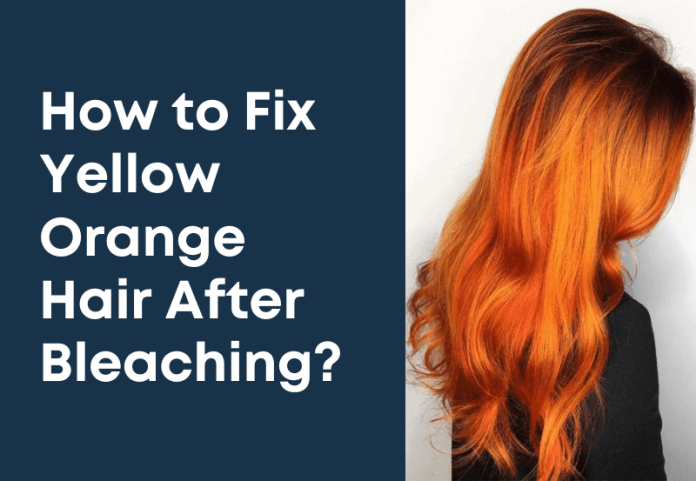
Hair can be a canvas for your self-expression. If you are ready for a change, bleaching and coloring your hair can be an exciting adventure. However, it is important to consider the potential damage and how to minimize it. In this article, we’ll walk you through the safest way to bleach your hair and put color in it, including special attention to the nuances of safely bleaching 4C hair, and some of the safest bleaches for hair.
Understanding the Process
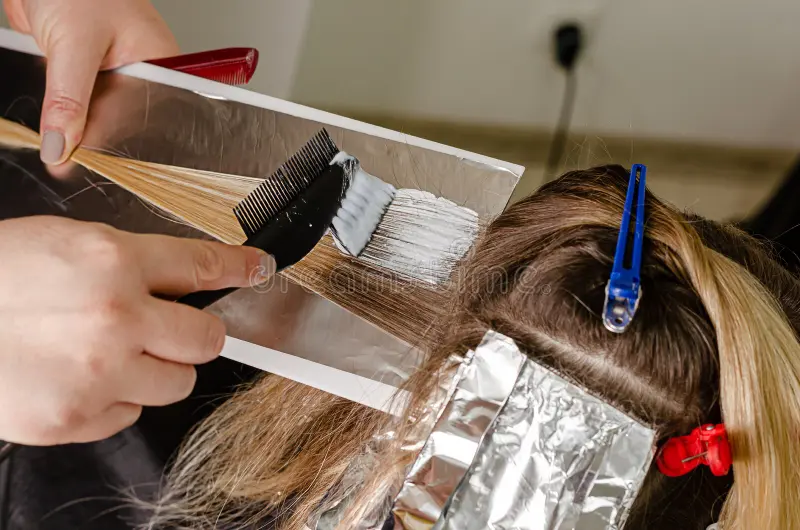
Bleaching is a chemical process that lightens your hair by breaking down the melanin that gives your hair its color. The darker your hair, the more melanin it contains and, therefore, the longer it takes to bleach. This process can cause damage if not done properly. It is always a good idea to consult with a professional stylist if you’re unsure about doing it yourself.
Choose the Safest Bleach for Hair
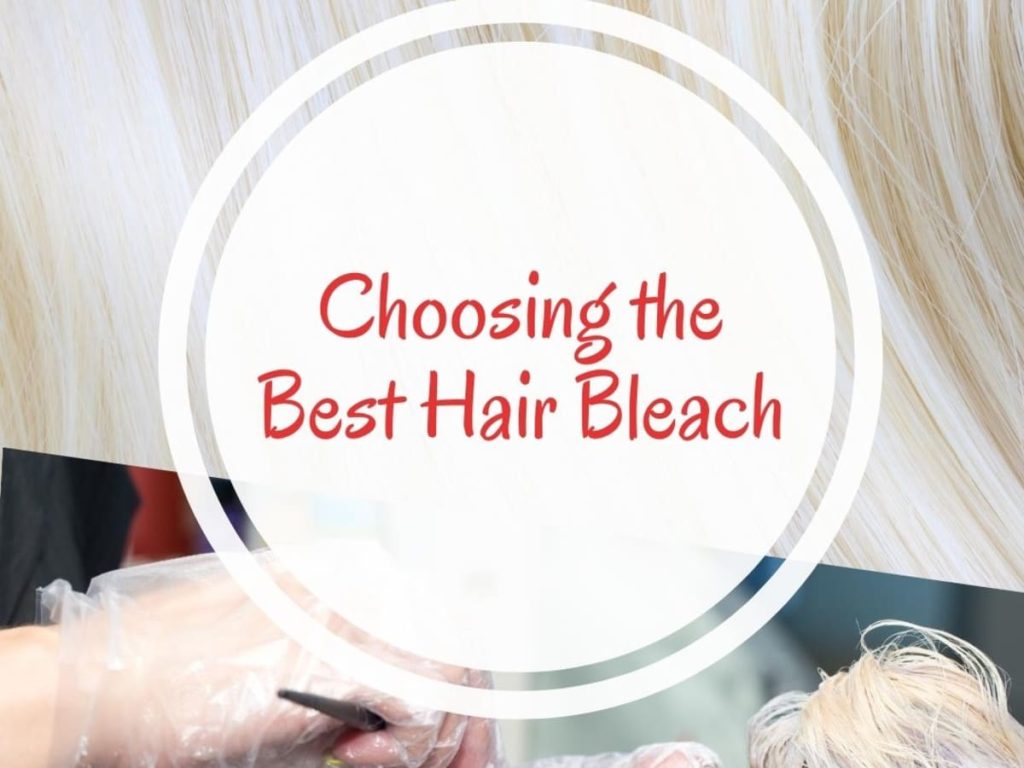
Before you get started, it’s essential to choose a safe and effective hair bleach. It’s worth doing your research and potentially spending a bit more for a high-quality product that won’t damage your hair as much. For example, some hair bleaches contain nourishing ingredients such as argan oil or keratin to help protect and repair your hair. Be wary of extremely cheap bleaches, as they might contain harmful ingredients or not bleach your hair evenly.
Schwarzkopf BlondMe Bond Enforcing Premium Lightener 9+ is a good example of a high-quality bleach. This bleach is enriched with a bond enforcing technology that helps to minimize hair breakage during the lightening process.
Preparing to Bleach Your Hair
Before you bleach, make sure your hair is in a healthy condition. If your hair is damaged, it might be best to wait until it’s healthier. Also, avoid washing your hair for a couple of days before bleaching as natural oils can protect your scalp during the process. Gather all the tools you’ll need: the bleach powder, developer, mixing bowl, tinting brush, gloves, and a timer.
The Bleaching Process

- Start by mixing the bleach and developer according to the instructions on the packaging. It’s crucial to follow the guidelines to ensure you’re using the correct ratio. The mixture should have a creamy consistency so it can be easily applied to the hair.
- Apply the bleach evenly, starting from the ends of the hair and moving towards the roots. This is because the heat from your scalp will process the bleach faster at the roots.
- After the bleach is applied, use a timer to keep track of how long it’s been on your hair. The duration will depend on the desired level of lightness and the instructions given on the bleach kit.
- Once the timer goes off, rinse the bleach out thoroughly using lukewarm water.
Remember, it’s crucial not to leave the bleach on for longer than the recommended time as this can cause severe damage to your hair.
How to Safely Bleach 4C Hair
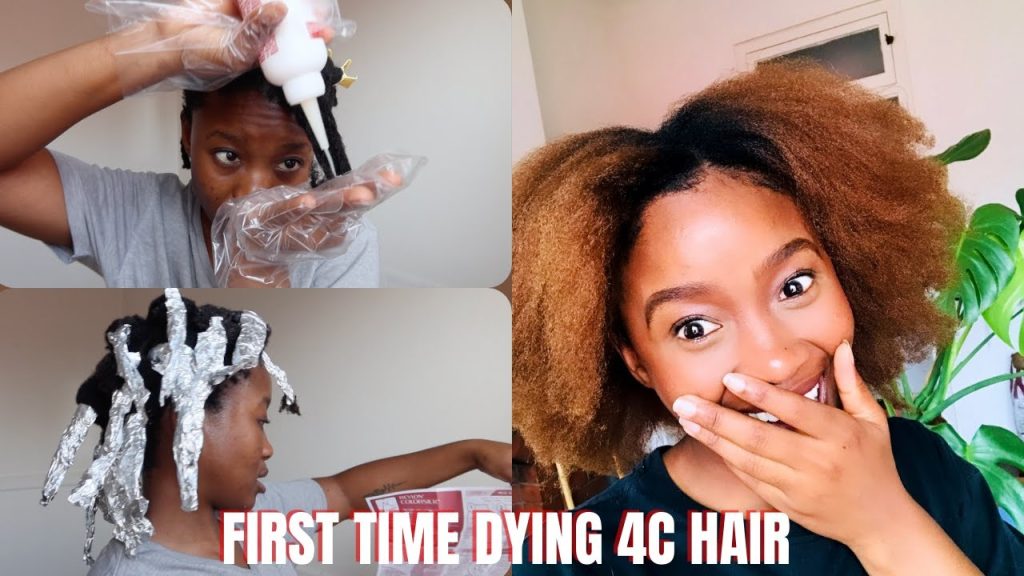
When it comes to safely bleaching 4C hair, extra caution is needed. 4C hair is beautiful and delicate, but it is also one of the most fragile hair types, so it’s crucial to take proper care during the bleaching process.
- It might be best to go to a professional stylist for this process as they have the expertise to ensure minimal damage to your hair.
- If you decide to do it yourself, be sure to deep condition your hair a few days before the process. This will ensure your hair is healthy and well-nourished before the bleaching process, thereby reducing the potential damage.
- Use a bleach that is designed for darker hair types. Clairol Professional BW2 Powder Lightener is an excellent option. It’s designed to provide maximum lightening for darker hair, while also conditioning and moisturizing it to prevent breakage and dryness.
- When applying the bleach, do not start from the roots. Apply the bleach a few inches away from the roots, as the heat from the scalp can cause the bleach to process faster at the roots and potentially cause more damage.
- Monitor the bleaching process closely. 4C hair is more susceptible to damage, so it is vital not to leave the bleach on for too long. As soon as your hair reaches the desired lightness, rinse off the bleach immediately.
Post-Bleaching Care
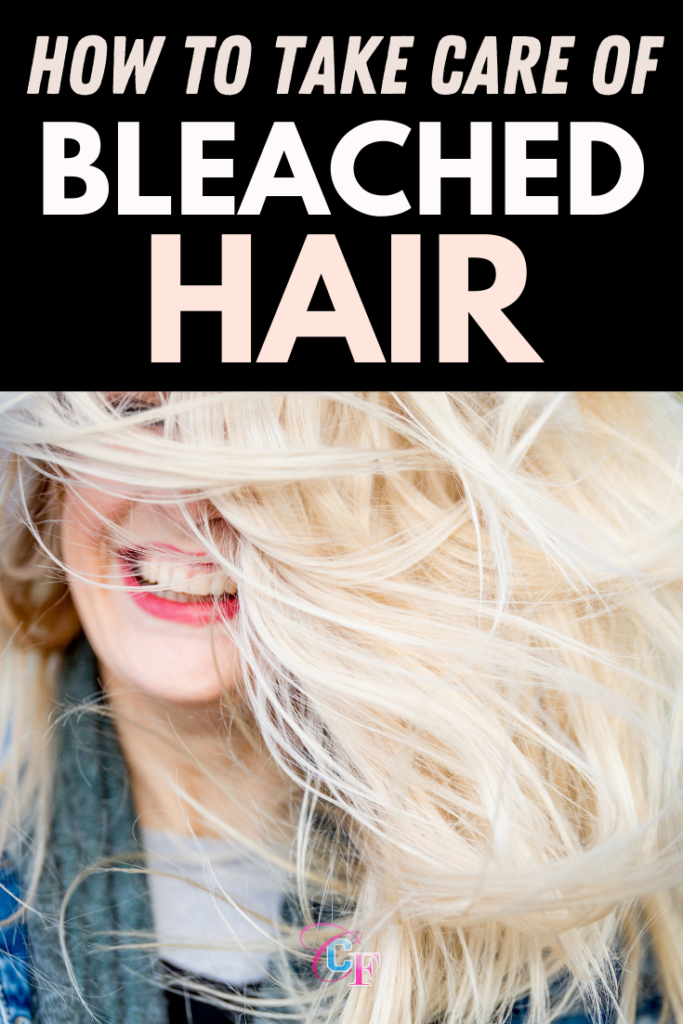
After bleaching, your hair is likely to be in a fragile state. It needs to be treated with care to prevent further damage.
- Use a deep conditioner immediately after bleaching. This will help restore moisture and strength to your hair.
- Limit heat styling for a few weeks after bleaching. Heat can cause further damage to already stressed hair.
- Regularly use a hair mask or deep conditioning treatment to maintain the health and moisture of your hair.
Adding Color to Your Hair
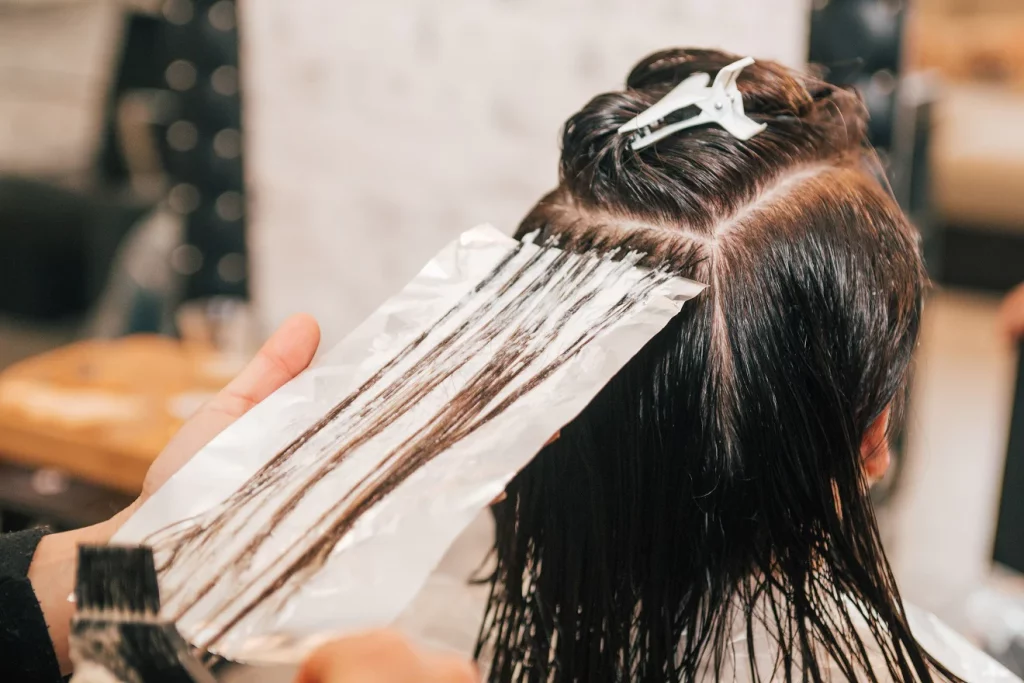
Now that you’ve bleached your hair, it’s time to add some color! The process will depend on the type of color you’re using, but here are some general steps:
- Just like with bleach, ensure you are using a high-quality hair dye. Adore Semi-Permanent Hair Color, for instance, is a great option that comes in a wide range of vibrant shades.
- Follow the instructions on the package for mixing and applying the dye.
- After applying the color, let it sit on your hair for the recommended amount of time.
- Rinish your hair thoroughly until the water runs clear.
- Lastly, apply a color-safe conditioner to help seal the color and keep your hair moisturized.
Remember, hair color can fade over time, especially with frequent washing. Use color-safe shampoos and conditioners to help maintain the vibrancy of the color.
By following these steps and tips, you can ensure you are using the safest way to bleach your hair and put color in it. Always remember to consider the health of your hair first. While bleaching and coloring can be a fun way to express yourself, it’s important to do so in a way that maintains the integrity and beauty of your hair.
Routine Maintenance and Care for Your Colored Hair

Once you’ve successfully achieved your desired color, maintaining the health and vibrancy of your hair becomes the next focus. Here’s how to keep your hair looking fabulous:
- Use Color-Safe Shampoos and Conditioners: Color-treated hair needs a specific hair care regimen to prevent color fade. Choose shampoos and conditioners specifically designed for colored hair, such as Redken Color Extend Magnetics Shampoo. This product is sulfate-free and gently cleanses your hair without stripping away the color.
- Deep Conditioning Treatments: Regular deep conditioning treatments are crucial for keeping your hair hydrated and preventing damage. Deep conditioning should be done at least once a week to maintain the health of your hair.
- Avoid Heat Styling Tools: High heat can strip your hair of its color and lead to breakage. If you must use heat styling tools, use a heat protectant and try to keep the temperature as low as possible.
- Regular Trims: Regularly trimming your hair can help get rid of split ends and maintain a healthy look. Try to get your hair trimmed every 6-8 weeks.
Spotting Signs of Damage
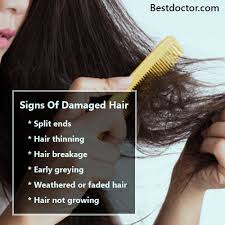
Despite your best efforts, sometimes damage can occur. It’s important to spot these signs early and address them. Signs of damage can include:
- Hair that’s dry or brittle to the touch
- Split ends or fraying
- Noticeable thinning or hair loss
- An itchy or flaky scalp
If you notice these signs, it might be time to seek professional help. A professional stylist or trichologist can help address these issues and guide you on the path to hair recovery.
Conclusion
The journey of bleaching and coloring your hair can be exciting, but it’s essential to prioritize the health of your hair. By choosing the safest bleach for hair, following the right steps, and providing the right post-care, you can enjoy the thrill of changing your hair color without compromising its health.
Bleaching and coloring your hair is a fun and creative form of self-expression. However, remember that it’s a commitment that requires effort and time to maintain. But with the right care and attention, you can rock your new look while still sporting a healthy and vibrant head of hair. Enjoy the process and embrace your new, colorful look!
So, are you ready to transform your hair and express your unique style? Go ahead and take the plunge, but remember: safety and health first. Whether you’re looking for how to safely bleach 4C hair or the safest way to bleach your hair and put color in it, we’ve got you covered.











